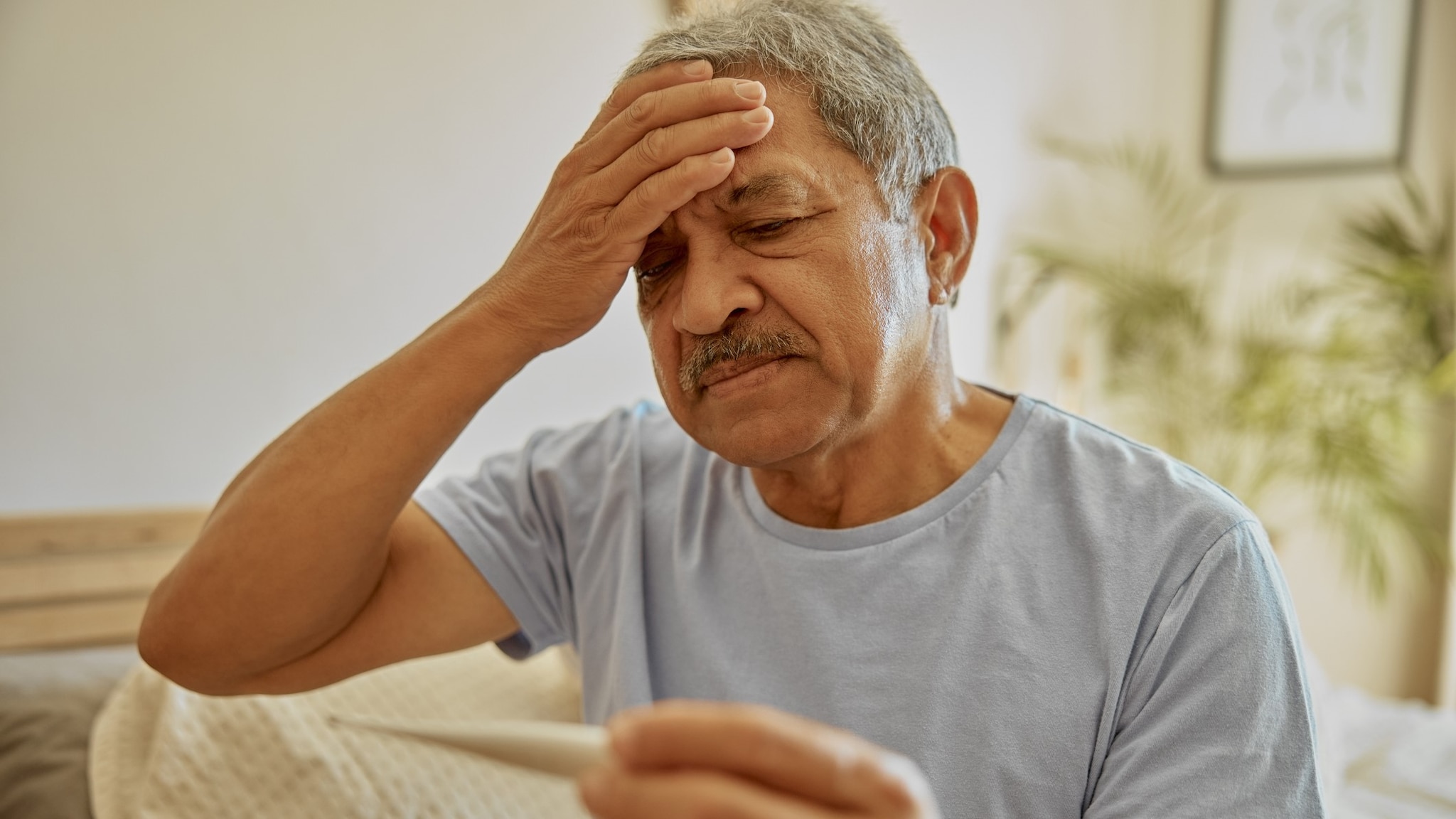Key points
- Symptoms include diarrhea, fever, and stomach cramps.
- Most people fully recover within 7 days.
- Campylobacter infection can lead to other health problems, including irritable bowel syndrome, arthritis, and nerve damage.

Symptoms
Most people with Campylobacter infection have:
- Diarrhea that can be bloody
- Fever
- Stomach cramps
Some people have nausea or vomiting.
Symptoms usually start 2–5 days after swallowing Campylobacter and usually end within 7 days.
Complications
Campylobacter can sometimes cause complications, such as
- Irritable bowel syndrome
- Arthritis
- Guillain-Barré syndrome (GBS)
GBS happens when a person’s own immune system harms their body’s nerves. This harm causes muscle weakness and sometimes paralysis. People with GBS need to be hospitalized.
When to talk to your doctor
Should I call the doctor?
Contact your healthcare provider if you have:
- Diarrhea or vomiting lasting more than 2 days
- Bloody poop or pee
- A fever higher than 102°F
- Signs of dehydration (listed below)
- Signs of GBS (listed below)
What to look for
Dehydration
Dehydration is not having enough fluids in the body. If you have diarrhea or vomiting, be sure to drink plenty of fluids.
Signs of dehydration include:
- Little or no peeing
- Having very dark pee
- Being very thirsty
- Having a dry mouth or throat
- Feeling dizzy or lightheaded
- Crying without tears
Dehydration can happen quickly in young children. Give children with diarrhea or vomiting extra fluids, such as Pedialyte* or oral rehydration salts. Do not wait.
GBS
Early symptoms of GBS include weakness and tingling.
People with GBS usually first feel these symptoms in both legs. Then, they might feel these symptoms in their arms and upper body.
*The use of trademarks is for identification only and does not imply an endorsement by the Public Health Service or the U.S. Department of Health and Human Services.
